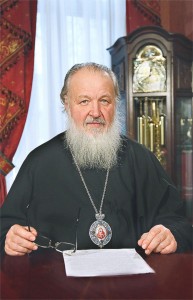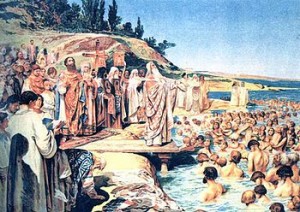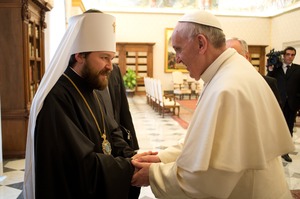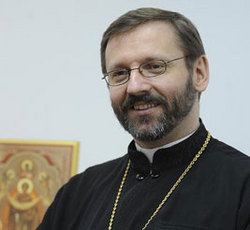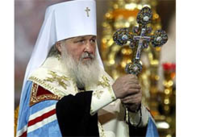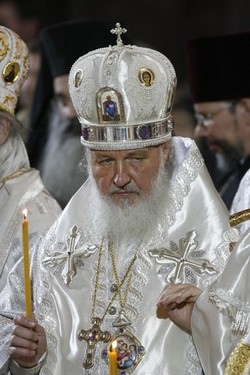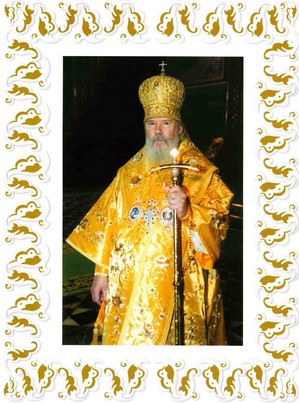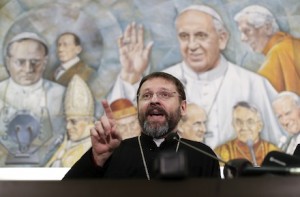 The politics regarding the Crimea are not that complex to comprehend; the history is muddled because there is a severe allergy to facts. There is only so long you can lie about your history. Just as there is a rise in the Muslim world of the notion of a caliphate, so is there a push in many sectors of the Putin government for a “new Tzar.” The mentality of extending and exerting political control supposed Russian lands. There is a not so subtle push by some members of the Russian Orthodox Church to act as the Third Rome (with all the negative aspects of this notion). In recent days the reality of Christian-on-Christian persecution has surfaced in Crimea. What a scandal to the beauty of the Good News of Jesus Christ!
The politics regarding the Crimea are not that complex to comprehend; the history is muddled because there is a severe allergy to facts. There is only so long you can lie about your history. Just as there is a rise in the Muslim world of the notion of a caliphate, so is there a push in many sectors of the Putin government for a “new Tzar.” The mentality of extending and exerting political control supposed Russian lands. There is a not so subtle push by some members of the Russian Orthodox Church to act as the Third Rome (with all the negative aspects of this notion). In recent days the reality of Christian-on-Christian persecution has surfaced in Crimea. What a scandal to the beauty of the Good News of Jesus Christ!
Jonathan Luxmoore of Catholic Herald UK posted his article, “Priest: Ukrainian Catholics flee Crimea to escape threats of arrest.”
The Major Archbishop of the Ukrainian Byzantine Church Shevchuk has asked priests to dedicate Ukraine to Mary’s protection on April 6, to help calm “hearts filled with anxiety for the future.”
There is a service of prayer scheduled here in CT for Peace and Democracy in Ukraine
Principal Celebrants:
The Most Reverend Leonard P. Blair
His Excellency Bishop Paul Chomnycky
Church of the Sacred Heart
158 Broad Street
New Britain, Connecticut
SUNDAY, APRIL 6, 2014
6 p.m.
Please join clergy and laity from the Ukrainian, Polish, Greek, Armenian, Lithuanian
and other communities in solidarity and prayer for the future of Ukraine.
Co-sponsored by
The Archdiocese of Hartford
The Ukrainian Catholic Diocese of Stamford
Sacred Heart Roman Catholic Church and
The Ukrainian Catholic Education Foundation

